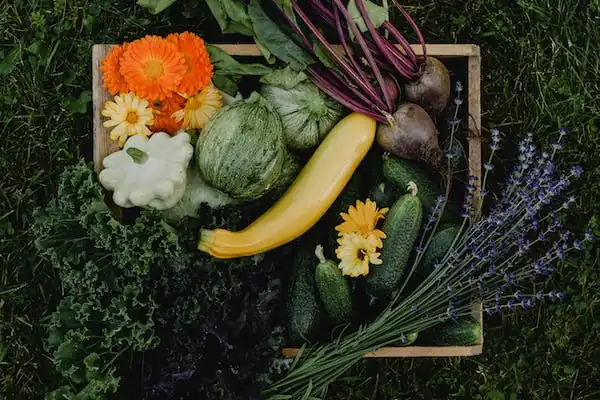Phosphorus stimulates budding and blooming.
Plants need phosphorus to produce fruits, flowers, and seeds. It also helps make your plants more resistant to disease.
Phosphorus helps plants gain more energy from sunlight and with cloudy, hazy skies we are seeing too often; plants need all the advantages possible to gain energy from sunlight.
Phosphorus doesn’t dissolve like nitrogen. The soil will hang onto phosphorus, not releasing it into water.
Phosphate is needed by all life forms but if taken in too greater quantities it becomes harmful.
In the distant past phosphorus was obtained from manures especially bird or bat droppings called guano.
Phosphorus is also obtained from Reactive Rock Phosphate which is a hard phosphatic rock. In most soils it dissolves very slowly.
To make the rock phosphate more readily available to plants man discovered a process of using sulfuric acid early in the 1900s, and a new agricultural fertiliser was created called Super or Super Phosphate.
It became a boon to agriculture and farming with tons of Super been spread to cause fast growth in fields and crops.
Unfortunately like a number of discoveries such as DDT and Asbestos, there was a hidden price to pay. Super phosphate kills soil life because its acidic and with their demise leads to unhealthy plants.
Not only that, it was also found that Super laden plants and grasses caused health problems in stock including cancers.
I read a very interesting book years ago called ‘Cancer, Cause and Cure’ written by an Australian farmer, Percy Weston.
Percy observed the results of the introduction of Super on his farm and the Malays that occurred.
For many years now I have not used any chemical fertilisers or chemical sprays including any herbicides anywhere on my property.
For a while I noticed, that even though I obtained good healthy crops and plants, there was some factor that appeared to be missing and the crops are not as lush as I felt they could be.
I often thought that I am not getting sufficient phosphorus in my composts and mulches.
This caused me to do a bit of research on the Internet and found to my delight a company in New Zealand called Sieber Technologies Ltd who make a product called BioPhos.
They take the reactive rock phosphate and break it down naturally with micro organisms making it as readily available to plants as Super.
The company sent me a email booklet and it showed trials that proved that not only did BioPhos work as well as Super, but actually better as it did not have a ‘peak’ growth on application and gave a much longer sustained release of phosphorus to plants.
Instead of killing soil life it actually supplies new micro organisms to the soil which carry on breaking the natural phosphorus down, meaning that only one application is needed per year unless you are cropping during the winter as well.
Some rose growers and rose societies recommend using BioPhos for better, healthier roses.
BioPhos contains phosphate, potassium, sulphur and calcium at the rates of P10:K8:S7:Ca28.
BioPhos is Bio Certified for organic growing.
It is pH neutral and used at the following rates; New beds work in 100 grams per square metre, the same with lawns but water in to settle.
Side dressing plants; seedlings 8 grams (a teaspoon ) around base of the plant or in the planting hole. Same for potatoes (which do well with phosphorus). Sowing beans peas etc sprinkle down row with seeds.
Roses and similar sized plants 18 grams or a tablespoon full around plant or in planting hole.
Established fruit trees etc, spread at the rate of 100 grams per square metre around drip line or where feeder roots are. Apply to vegetable gardens in spring and a further application in autumn if growing winter crops.
Can be applied to container plants also.
Apply to tomatoes when planting or side dress existing plants.
A number of gardeners over the years have obtained BioPhos and applied it around their gardens; then a few weeks later many have phoned me to say what a big difference the product has made to their gardens.
I presume one of two things has happened or maybe both of the following:
The gardens and plants were lacking in phosphate and the introduction of it gave a noticeable difference to the plants.
Or the plants were able to obtain more energy from the sun and hence creating a growth spurt.
BioPhos is a must for root and bulb crops such as potatoes, carrots and garlic.
I have now completed a third session of gardening with Rodney Hide which likely aired this coming week then available after that on replay.
Image credit: Eva Bronzini
Products mentioned are from Wallys Range of products and can be found in some garden shops or by Mail Order on www.0800466464.co.nz
Problems ring me at: Phone 0800 466464
Garden Pages and News at www.gardenews.co.nz
Shar Pei pages at www.sharpei.co.nz
Mail Order products at www.0800466464.co.nz
